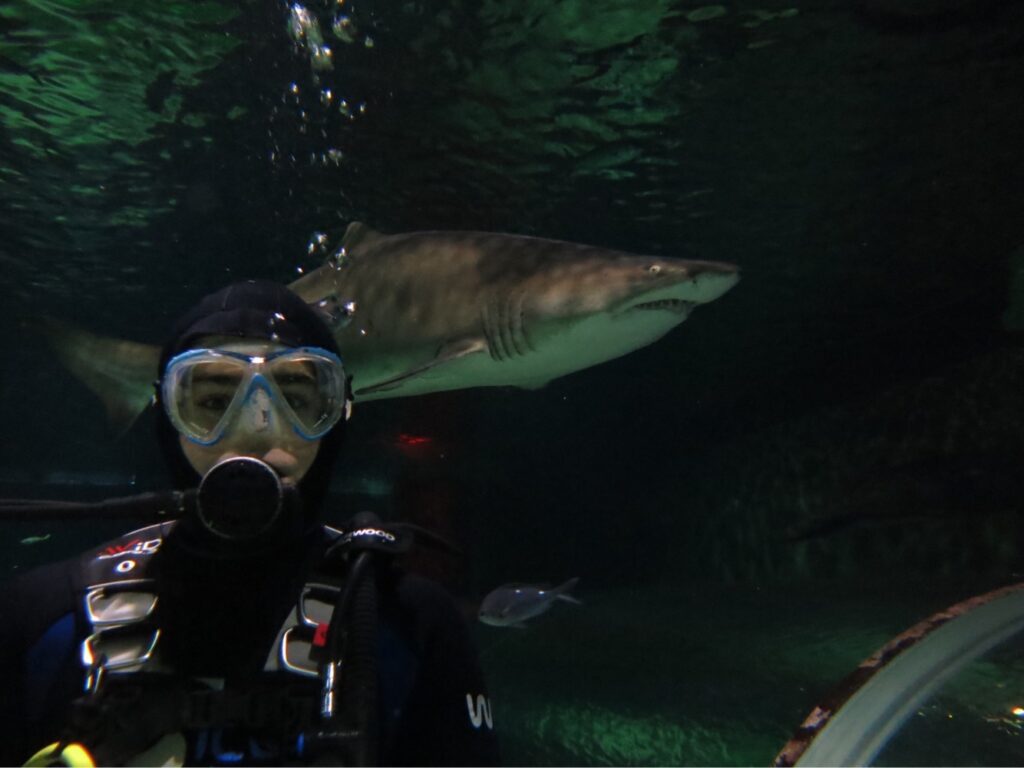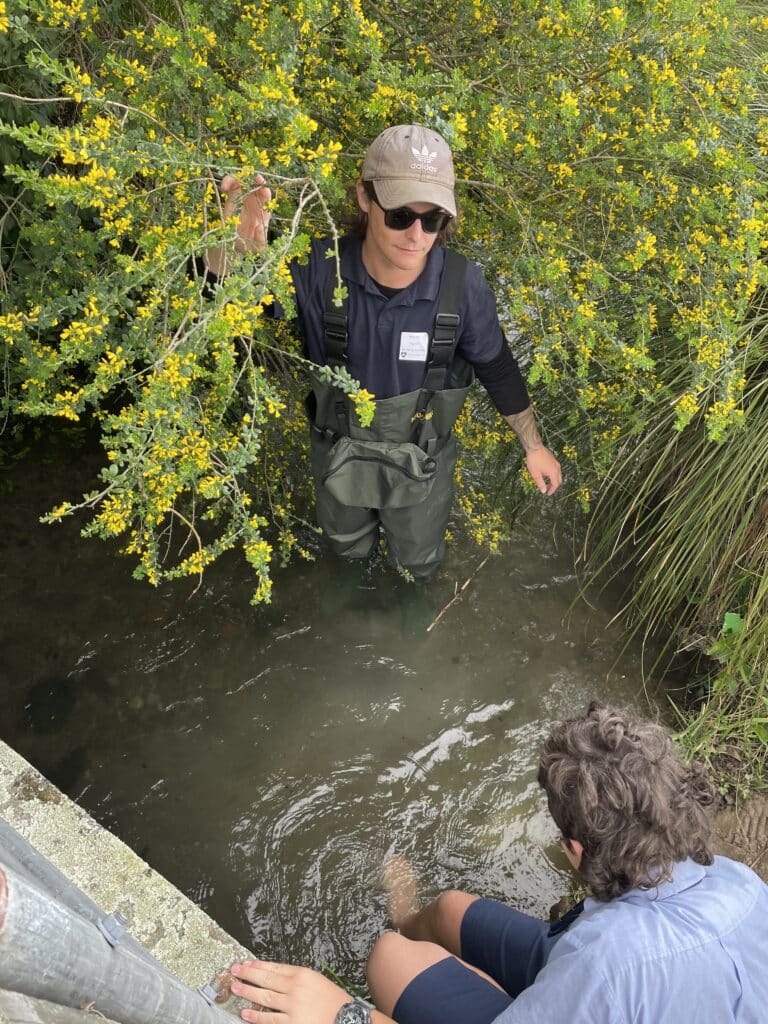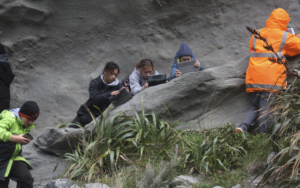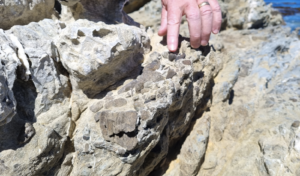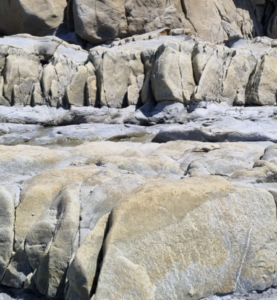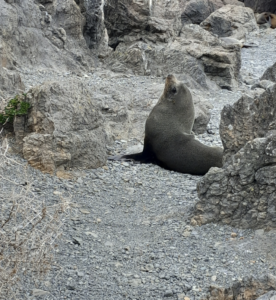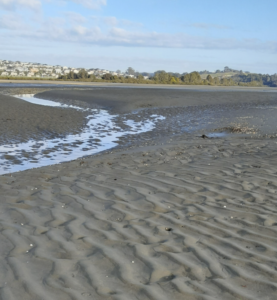For the past six years, Taylor has studied and worked in the natural environment of New Zealand. Previously an employee at the Waikato Regional Council, he was responsible for monitoring the health of over 100 lakes, rivers, estuaries, and the animals within them. In this role, he gained first-hand experience with how local communities interact with our water bodies. He has since established key teaching processes to better our relationship with the environment.
Taylor is also an advocate for science communication, having worked within the community and the University of Waikato to facilitate water science and climate change education. He is currently creating an ecological model of Aotearoa’s estuaries, which he hopes local governments can use to better their management processes and protect these environments for future generations.
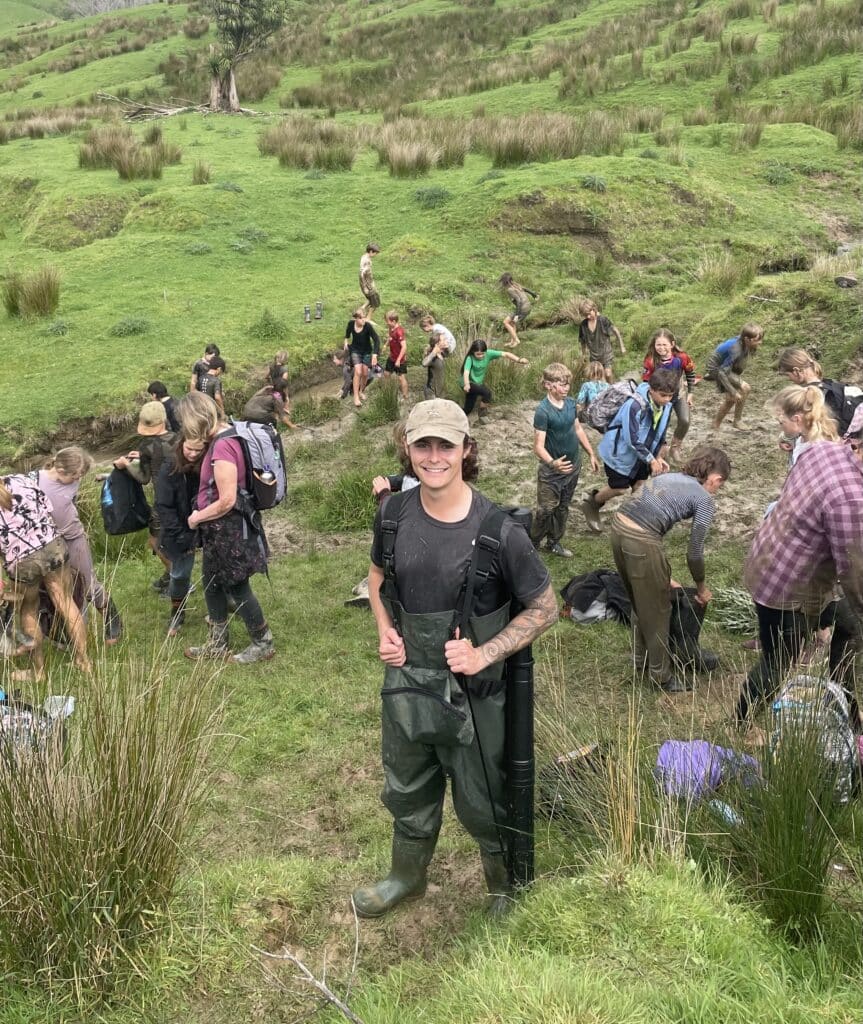
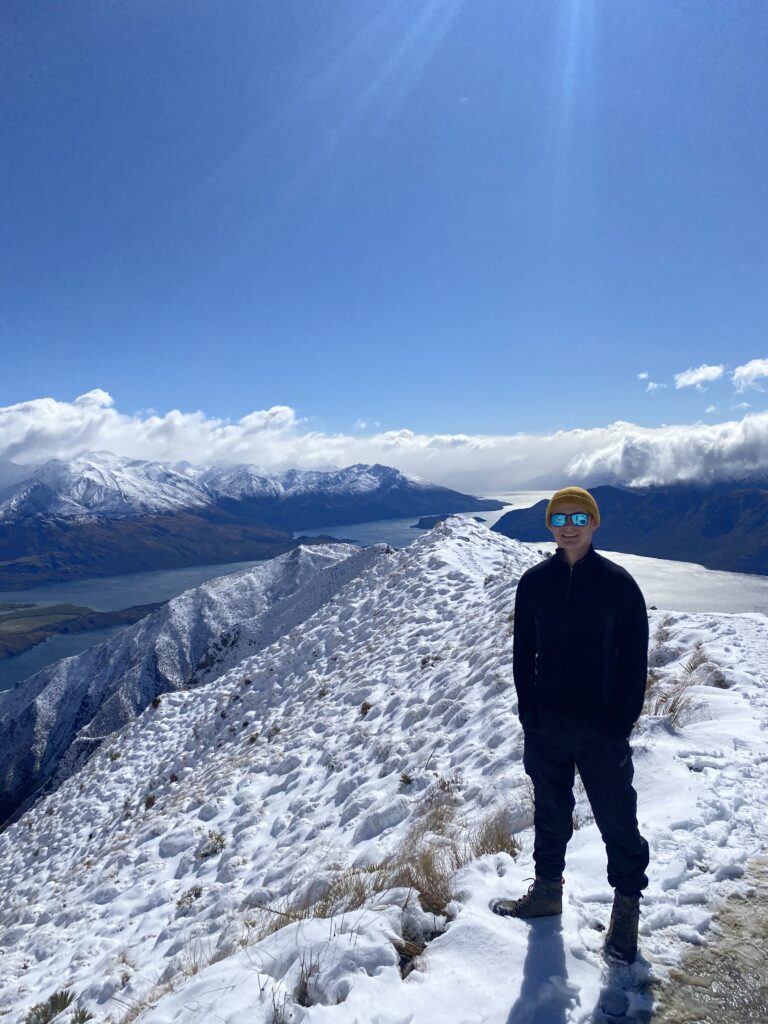
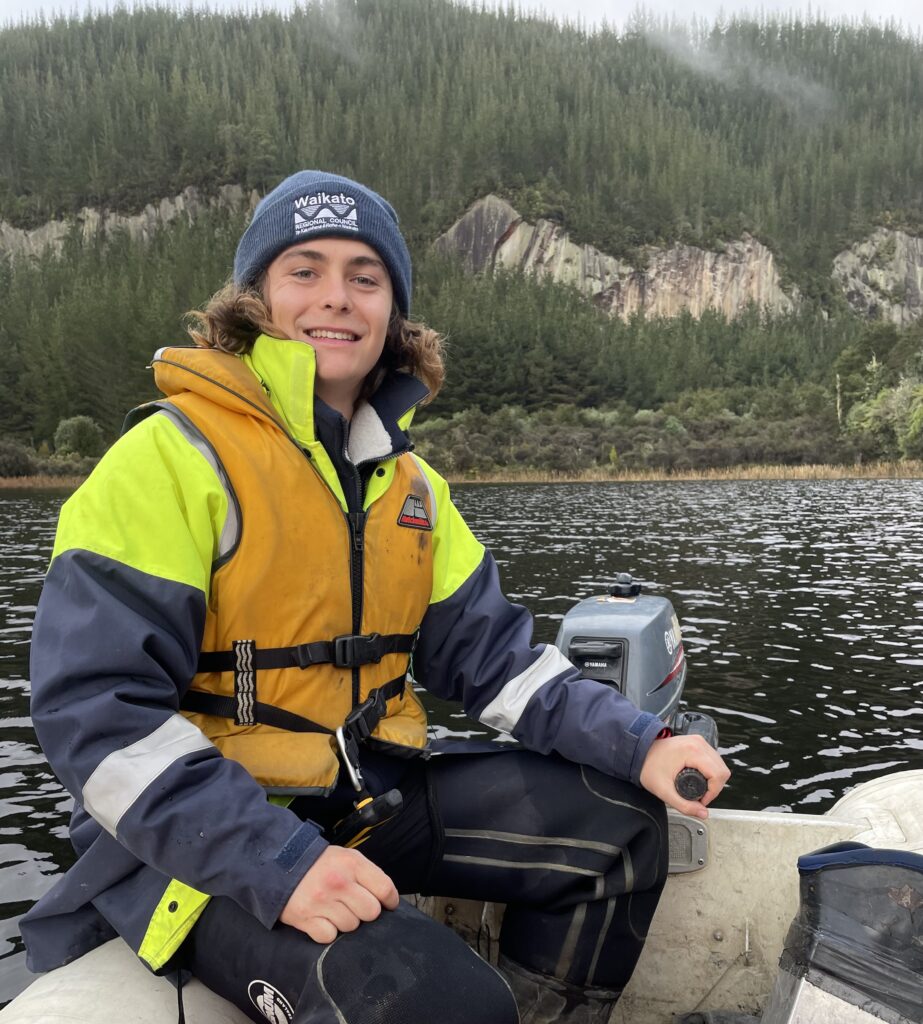
With his broad knowledge base, Taylor is optimistic that he can inspire a love for science and the environment in the next generation through Field-Based STEM.

